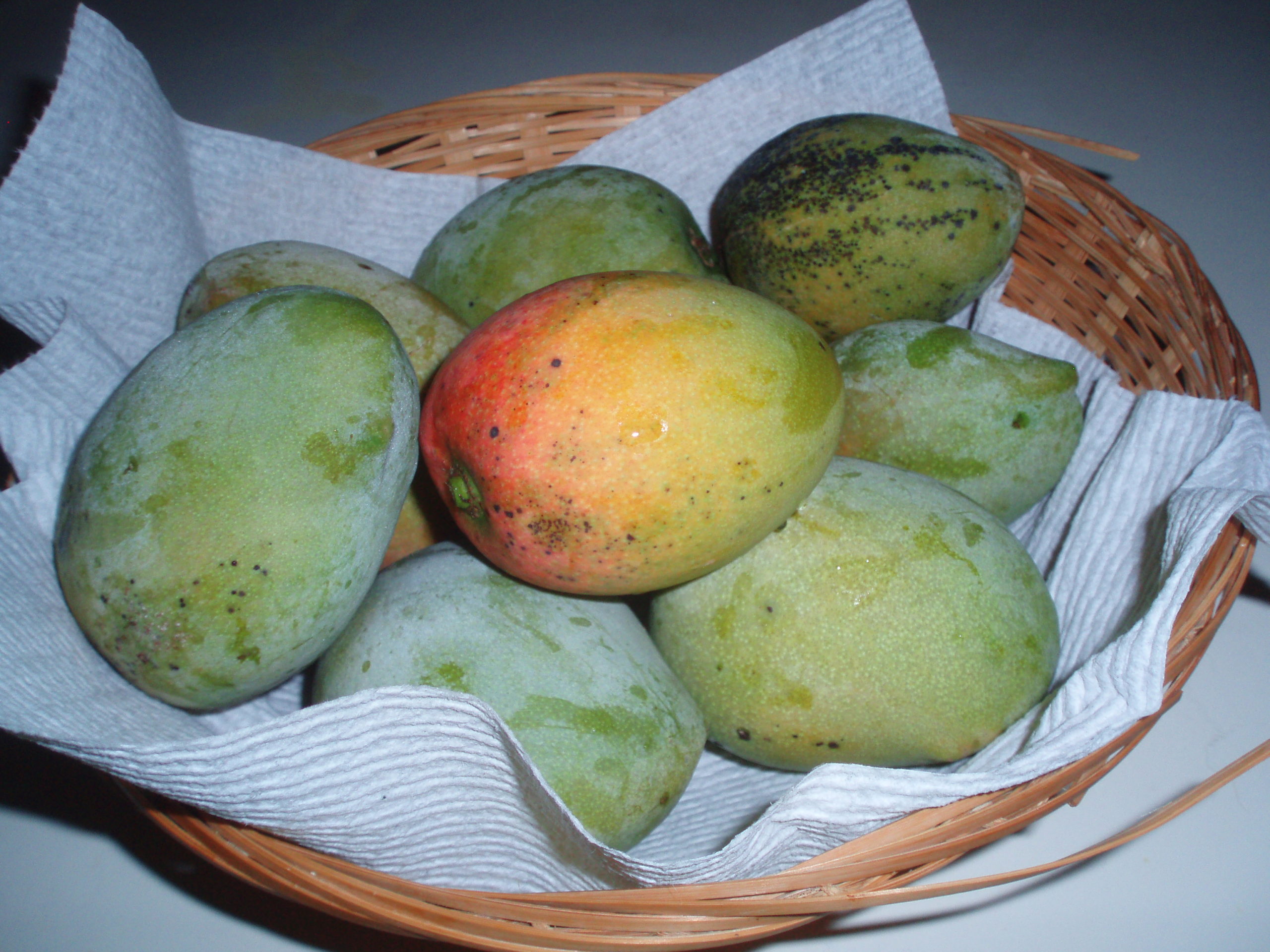Students in the Marianas write and submit essays for school assignments and for the various contests that are promoted to raise awareness or generate interest in community issues and activities. I’ve read essays for the Marianas Writers Movement essay contest on “Stories Matter.” I’ve also judged for the Humanities Council Valentine Sengebau Poetry Contest. It’s a privilege to read student work and my honor to give this general feedback to aid development of our student writers and poets.
1. Use your first draft to explore widely, dig deeply.
When you write your first draft, you can and should go all over the place, looking for your vision, your story. You can exceed the page limit in a first draft. You can go down “rabbit holes” of imagination and research. You can get distracted and go off-topic. Most importantly, you can and should dig deeply, into your emotions and your fears on the topic in all its aspects.
Thinking is the critical factor in writing essays and creating poetry. As you explore the subject, don’t put up barriers but let everything come onto the page. Keep asking yourself why? Set up a counter voice that casts doubt on everything you’ve written and then dig more deeply about what you really think and feel on the topic. Don’t limit yourself to positives. Explore negatives. In a theme like “stories matter” try voicing the opposite that they don’t matter and why that could be true. Or look at historical stories and see where they’ve caused problems (like the boy who cried wolf). Most importantly, consider your own experience, which is unique and significant for the essay or poem. Push harder beyond your first thoughts, beyond your second thoughts. Dig deeply into your personal psyche and try to capture that on the page.
2. Focus on the theme.
Although your first draft can and should go all over the place, your subsequent drafts should focus tightly on the theme. Look through your first draft for the gold nuggets and build those into your final version. Stick to the theme and make sure you meet the word limits.
3. Embrace who you are.
You may not have experience with everything. You’re teenagers and have lived full but short lives. If you don’t have sufficient experience with a topic, acknowledge that. Lean into your weaknesses. Vulnerabilities are, paradoxically, a strength when it comes to writing. On the other hand, if you do have experiences that connect with a topic, consider how much you can share. Don’t reveal secrets or confidences that others have placed with you. What is yours to share is only your own experiences, and those events and stories that are public or universal.
4. Include your culture.
The Marianas is home to people of many different ethnicities and cultures. We have a lively cultural appreciation here. When you include your culture in your writing, you add zest and that unique Marianas flavor.
5. Incorporate literary devices and make conscious writing choices.
Language is an art form. Play with it. Use assonance, consonance, alliteration. Find your rhythms and rhymes. Use metaphors. Develop your style. Open the dictionary and find new vocabulary. Incorporate imagery. Experiment with repetition. Try personification. Change perspective. Choose your voice. Have fun!

